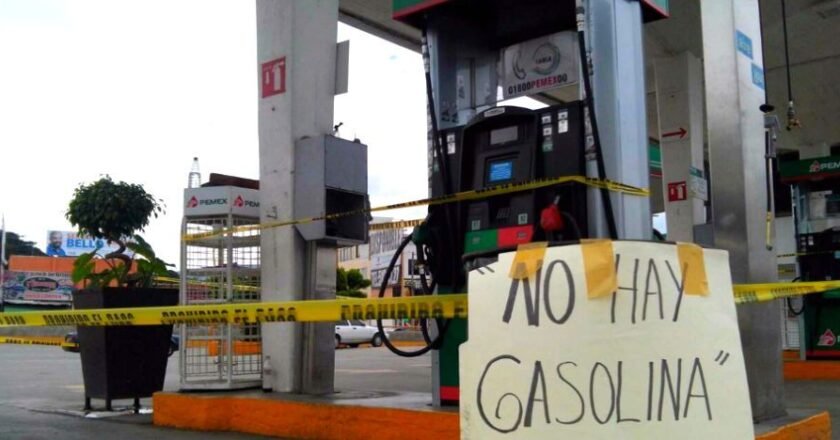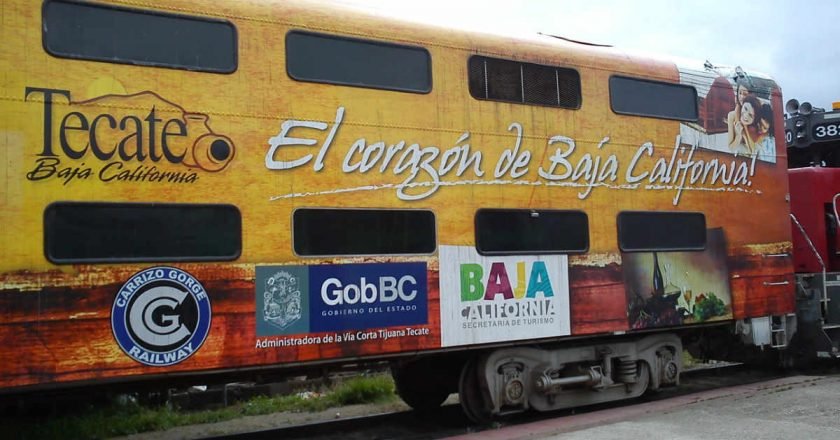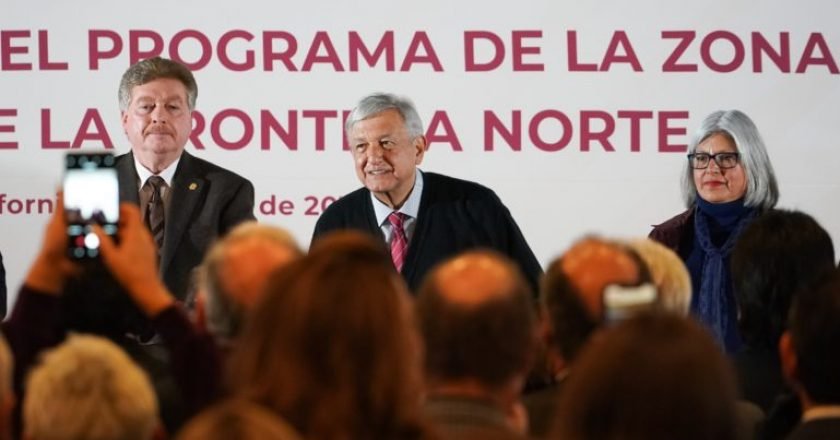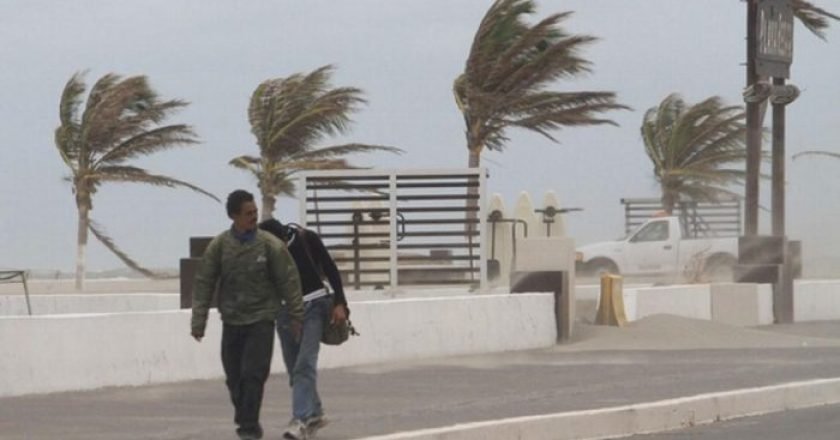Ensenada city workers going back to work. After a couple weeks of being on a sit-down strike, Mayor Novelo was finally able to convince them to go back to work by promising to pay the remainder of their Christmas bonuses before January 21st.
City workers are pretty pissed off, since the city has had problems paying their salaries, and now their Christmas bonuses, which for them amounts to an extra 2 months’ salary. By law, the Christmas bonus has to be equal to at least 15 days.
When he took control of the city, Mayor Novelo announced that the city was broke; since then, we have seen the effects of it. There are almost no streets in the city without potholes, and trash pickup services have been reduced to almost once a month now.
City workers don’t believe it, though; they say it’s not so much the lack of funds, but rather the inability to properly manage the situations that are affecting the city.
It has been a tough term for Mayor Novelo. He hasn’t been able to catch a break, and most people are pretty unhappy with the crises that the city is experiencing. This is probably the reason he announced last year that he would not be running for another term.
The amount the city owes its workforce in Christmas bonuses alone is about $3.8 million USD, and this administration alone has already asked for about $11.3 million USD in loans to cover other expenses. This give you an idea how seriously the fiscal situation is for Ensenada.
AMLO comes to Baja. Our brand-new president visited Tijuana this past Sunday in order to announce the newly created free zone for the northern border along with our state governor Kiko Vega.
The president is scheduling visits to different parts of the country on weekends in order to have time during the week to attend to his presidential duties in his office in Mexico City.
He is famous now for travelling on commercial planes and even choosing the cheapest flights for his travel.
Migrants safe from police. Alma Migrante, a local non-profit group that helps immigrants know their rights, has won a trial making it illegal for local police to send immigrants guilty of committing administrative infractions to be sent to the National Migration Institute (or INM in Spanish) in order to be deported.
Representatives from Alma Migrante are stating that immigrants can only be sent for deportation if they commit a crime more serious than a minor infraction.
Although the line could be a little blurry sometimes between the two, an easy way to understand it is that an infraction would require you to pay a fine, but a crime would require jail time.
Snow is here! The civil protection office in the city of Ensenada has announced that both of our local sierras, Juarez and San Pedro Martir, have snow and are open for visits.
As always, they are recommended to drive there in a car in good condition, preferably 4×4, and bring warm clothes and supplies, especially gas and high calorie food, in case you get stranded up there.
San Pedro Martir, which always has more snow than Juarez but is also a farther away, is only open from 7:00 am to 4:00 pm every day, and is not available for overnight stays.
Jaime Nieto, head of the office, stated that the roads are not in the best shape right now, and emphasized the need for a car in good condition if you want to visit.
We’re getting more cruise ships. During 2018 a total of 270 cruise ships docked in Ensenada, carrying more than 650,000 tourists. About 70% of those tourists descended from the ship to visit the city, and they spent an average $54 dollars per person.
Tourism officials are stating that its very likely that we will get even more cruise ships this year, since some cruise liners have already booked more dates for this year. January alone has 26 arrivals in total.
Bring your own bags. Rosarito and Ensenada decided last year to eliminate plastic bags in retail shops and the new measure has been in effect since the first of the year. Steep fines were announced for offending businesses, but at least Rosarito has said that they will not issue fines until April of this year.
It is possible for you to not even notice the change if your favorite store decided to switch to paper or biodegradable plastic bags (which are almost indistinguishable from normal plastic bags). This will still be legal and an option for businesses if they want to keep offering customers this benefit.










